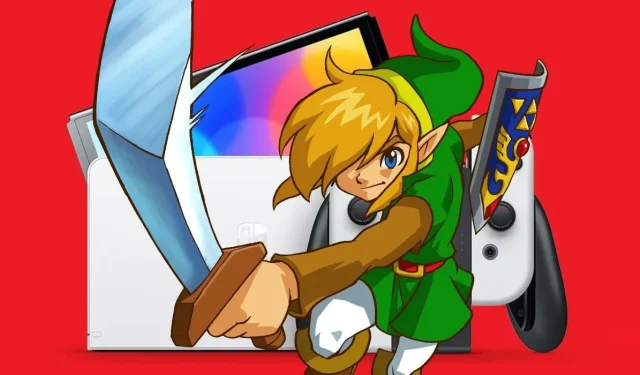
The Legend of Zelda franchise has seen numerous remakes, but the adaptations of certain titles may face challenges in maintaining one of their hallmark features. If these classic games were to be modernized, it could fundamentally alter the player’s experience compared to the originals. While eliminating such elements would represent a significant departure from the classic format, there are valid reasons to consider these changes in light of contemporary gaming trends.
Iconic remakes like Ocarina of Time and Majora’s Mask have successfully introduced the Zelda series to new audiences. However, several titles still await their turn for an update, allowing them to connect with fans long after their initial launch. Recent buzz suggests that a remake for at least one Zelda title is in development for the Switch 2, reinforcing the franchise’s commitment to enhancing its legacy while continuing to release fresh content. Yet, any modern updates could drastically shift the gameplay dynamics of these beloved games.
Redefining the Oracle Games Remake Concept
Harnessing Modern Technology for Game Connectivity
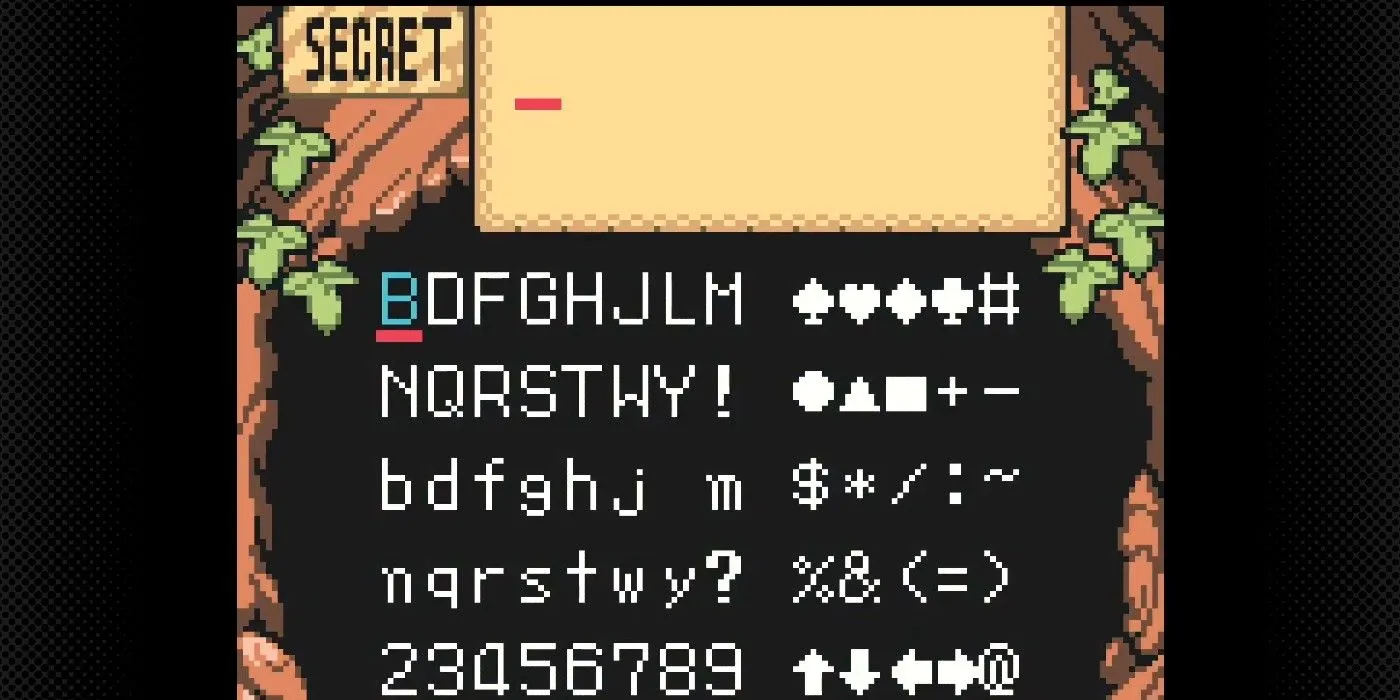
The Legend of Zelda: Oracle of Seasons and Oracle of Ages stand out as unique entries within the franchise, designed to be played in succession, a feature known as a Linked Game. This connection relies on a password generated at the conclusion of the first game, significantly enriching the narrative by revealing a composite ending where Koume and Kotake abduct Princess Zelda in a plot to resurrect Ganon. However, modern remakes may not require this linking feature.
Originally, a third Oracle title was envisioned, symbolizing the Triforce’s three facets. Ultimately, the complexity of integrating a third game led to its cancellation.
Marketing Oracle remakes as individual titles could hinder Nintendo’s sales, as the separate purchase requirement might deter many players. The crucial issue of Linked Games implies that without both titles, players would miss out on the complete storyline. Therefore, bundling the Oracle remakes seems prudent, which could render the original linking mechanics obsolete.
In a bundled format, players could select their starting game, with a seamless transition to the other title once the first is completed. This modernization would enhance user experience by eliminating the cumbersome twenty-character passwords, such as the Secret to Labrynna or Secret to Holodrum, necessary for initiating Linked Games. Additionally, other Secrets would become redundant with this streamlined approach.
Advancements Overhaul Traditional Password Systems
Outdated Secret Systems May Alienate Contemporary Gamers
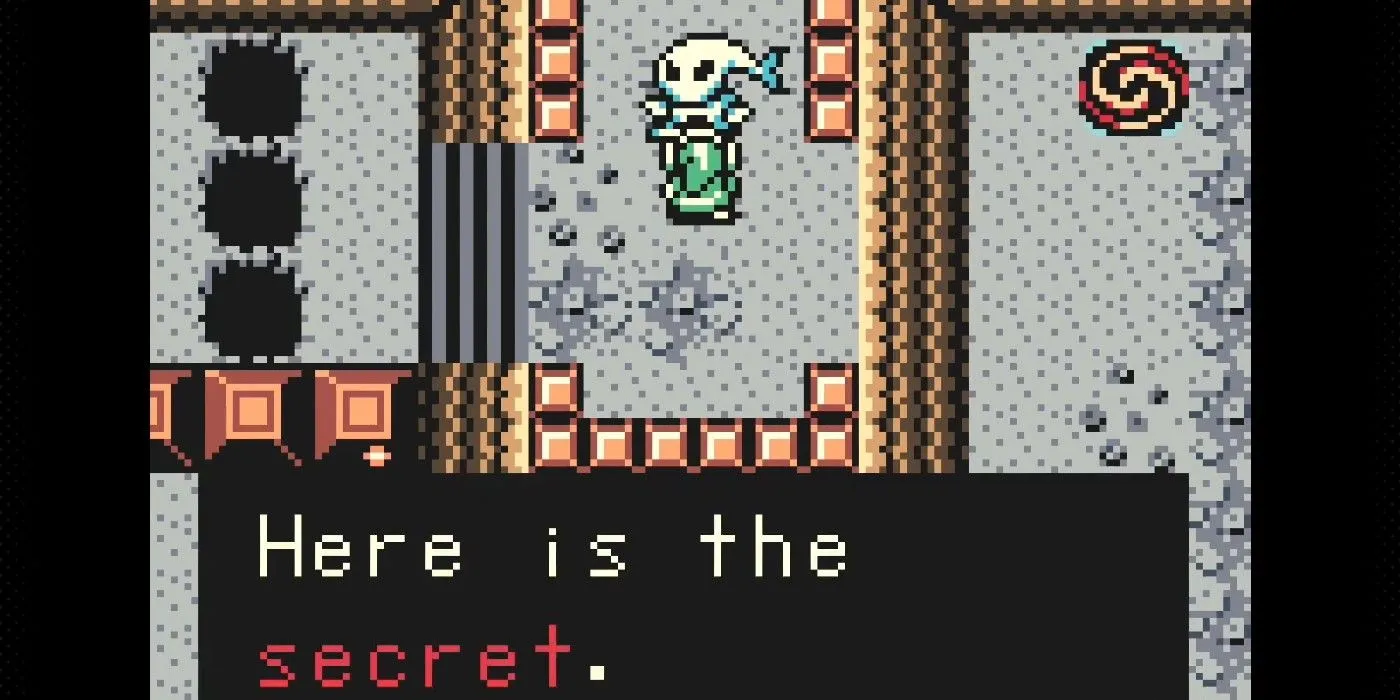
Throughout both titles, players encounter numerous passwords that unlock items and rewards in their corresponding game files during Linked Games. One significant advantage of successfully linking both games is gaining access to the Master Sword, which is otherwise attainable only through regular gameplay. Players get a single upgrade for their sword, but linking allows for a vital second upgrade that enhances Link’s prowess.
Ultimately, retaining the password system from the Oracle games in remakes would likely be unnecessary.
Reflecting on modern gaming practices, the password-based Secret feature could frustrate players if faithfully implemented in future remakes. While password mechanics once played a crucial role in preserving gameplay data and progression, advancements in technology mean that modern titles can manage this information seamlessly in-house. Therefore, the password system within the Oracle games appears obsolete in the context of bundled remakes.
Admittedly, this shift might disappoint fans nostalgic for the original mechanics. Although entering passwords to unlock Secrets is arguably fundamental to the original Oracle experience, modern expectations suggest that phasing out this feature is reasonable. Although some aspects of the Zelda franchise are worth revisiting, certain mechanics may not resonate with today’s audience as they did over two decades ago.
Potential for New Content in Oracle Game Remakes
Expanding the Narrative: New Adventures Await
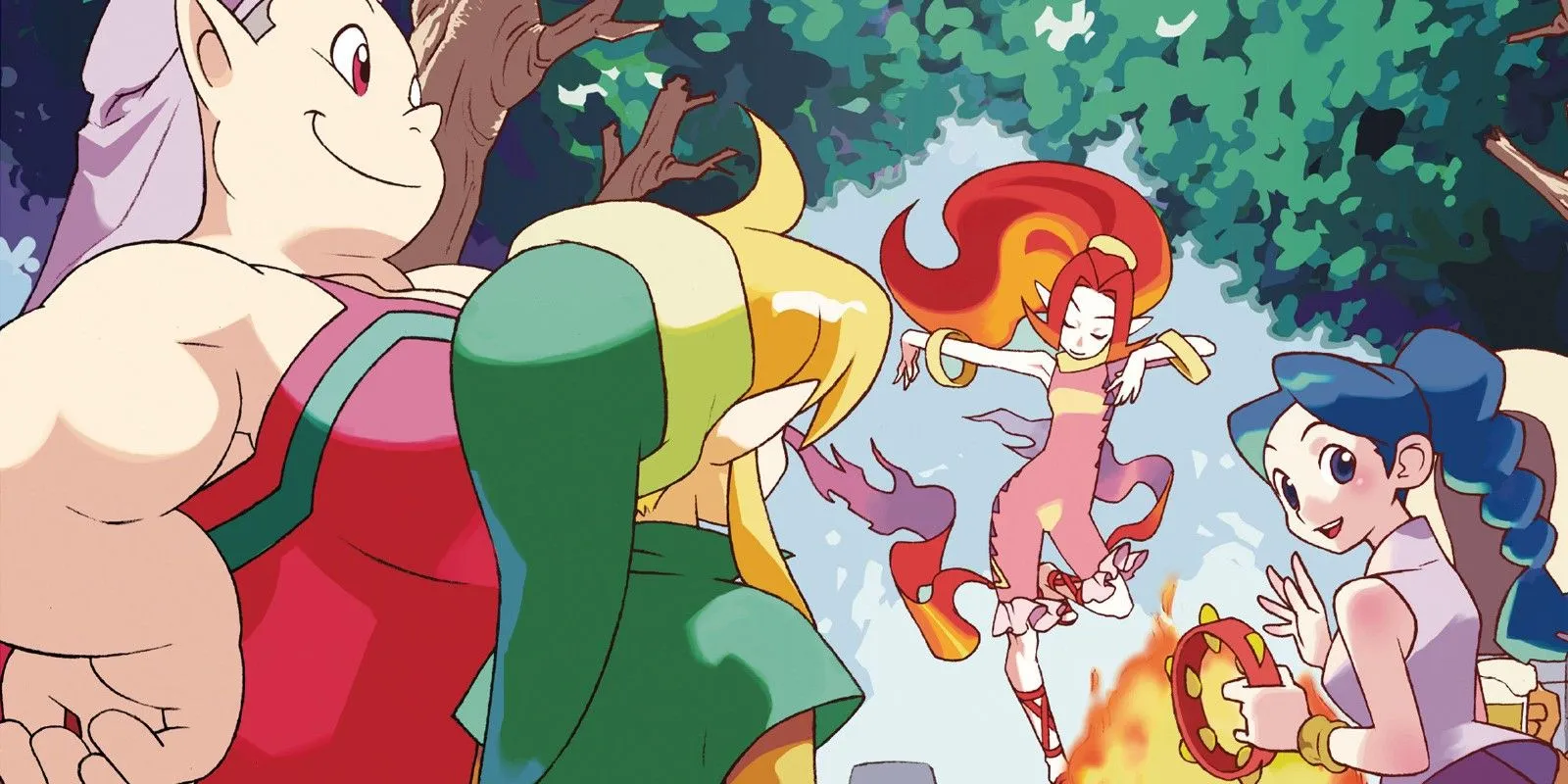
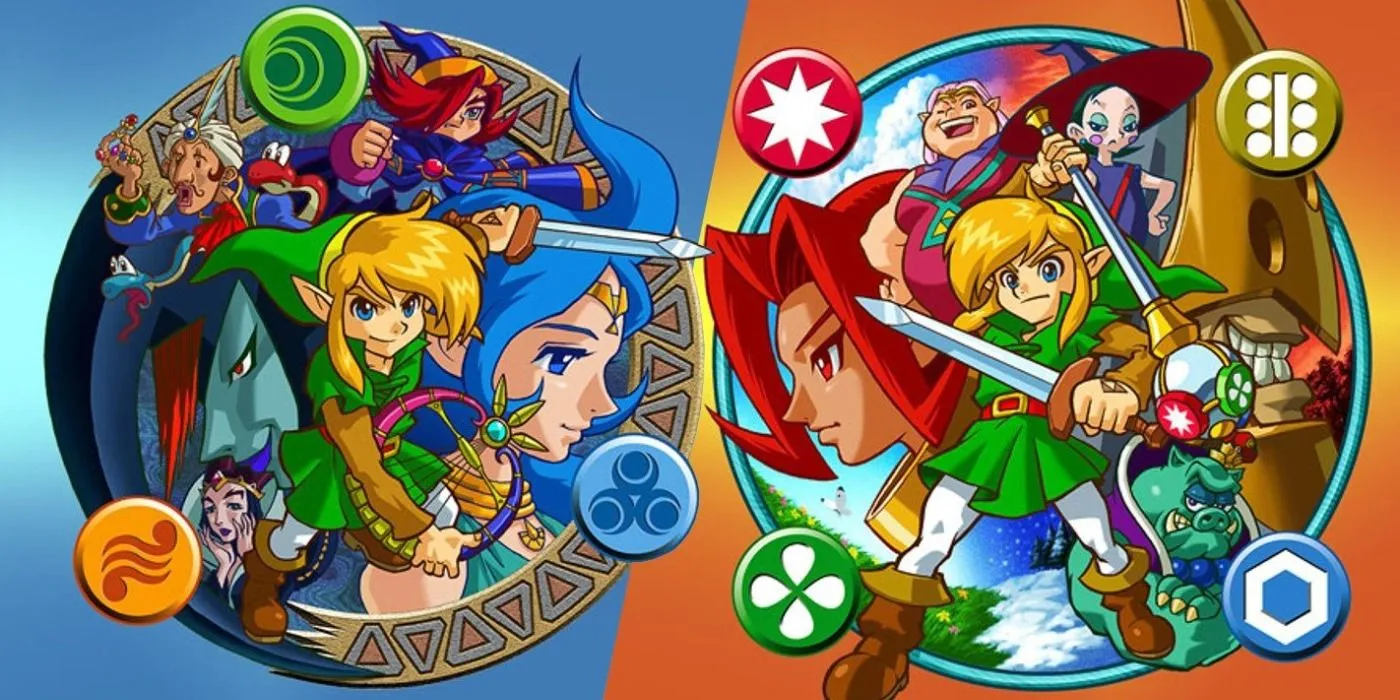
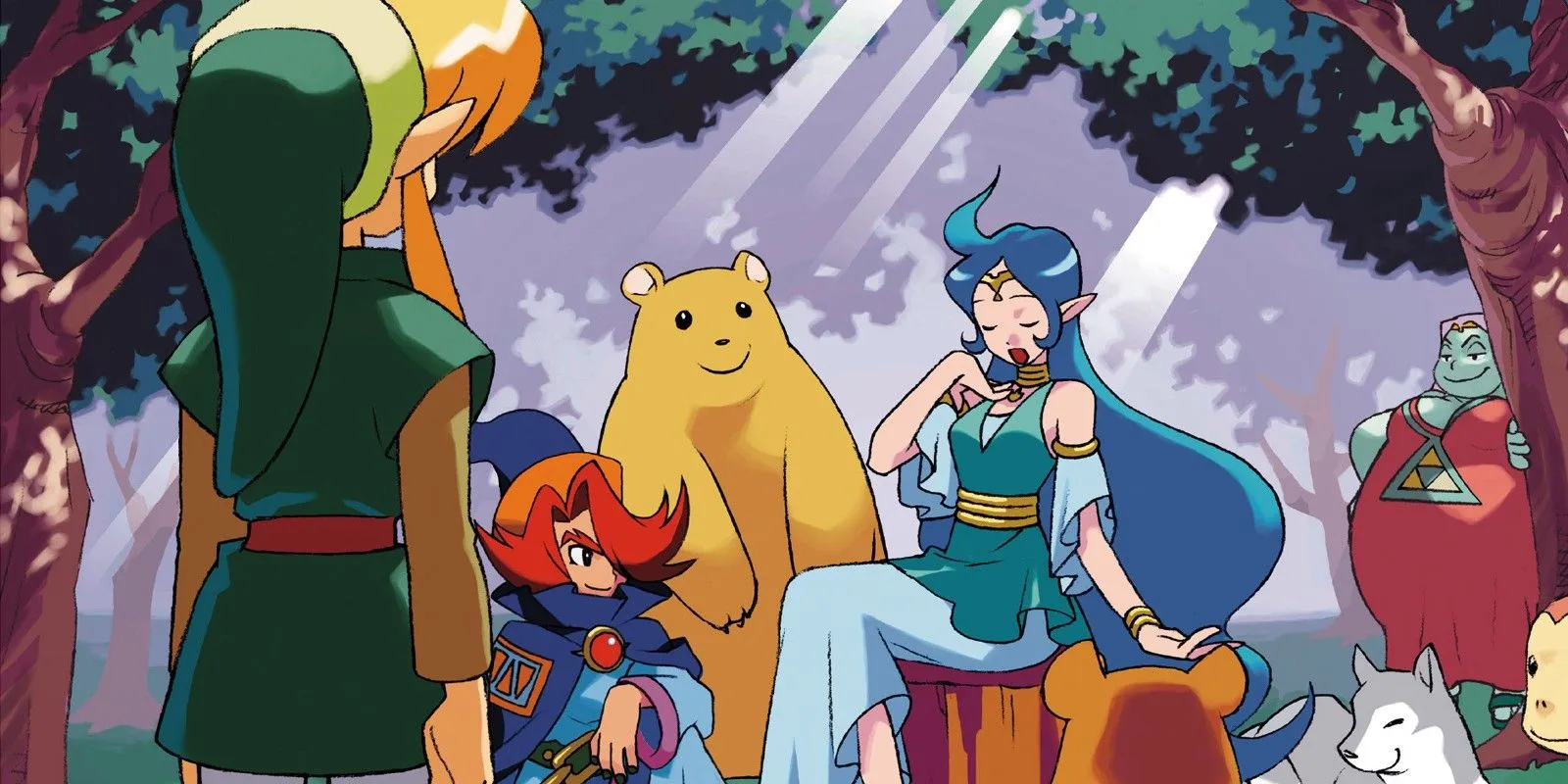
Moreover, remaking the Oracle games presents an invaluable opportunity to enhance the original narratives. One compelling idea would be to explore the originally intended concept of a third Oracle title, introducing a brand new adventure for Link. Extending the storyline around the kidnapping of Princess Zelda could add significant depth and complexity to the existing framework of the games.
In this context, Farore, Oracle of Secrets, could assume a more prominent role than in the original titles. As the guardian of player-recorded Secrets via her book, Farore’s Memory, her existing function might seem obsolete with the removal of the Secret system. However, she could emerge as a crucial ally in Link’s mission to retrieve Zelda or take on inventive roles, such as overseeing a new minigame.
While the password system was a distinctive feature of the often-overlooked Oracle of Seasons and Oracle of Ages, it is also a relic of its time. Although the games deserve a fresh take, the decision to streamline gameplay by eliminating these mechanics is well justified. This evolution could significantly transform the gameplay experience, which might not resonate with every fan. Nevertheless, the advantages of modernizing this aspect of the franchise—combined with the introduction of new content—could enrich the experience for today’s players.




Leave a Reply